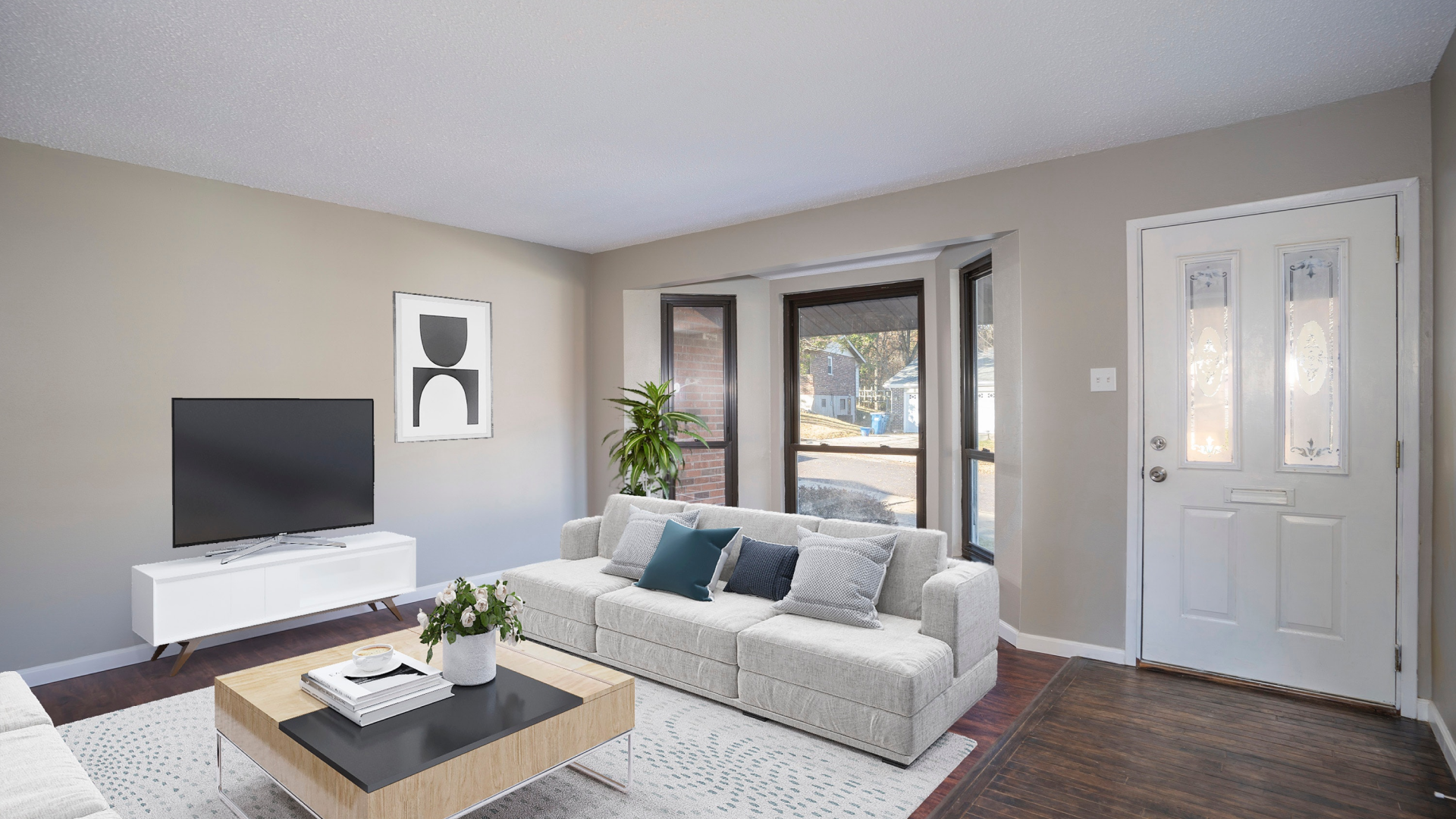Buying a home is always an anxiety-ridden process, and that goes triple for anyone who’s embarking on homeownership for the very first time. There’s so much to do and so much you don’t know that “overwhelming” hardly seems like an appropriate description of how it feels.
1. Not understanding your down payment options
- A down payment of just a couple thousand dollars can get you a head start on your car. If you don’t have a certain amount to put down on your home loan, however, you might find yourself paying private mortgage insurance (PMI) on the lifetime of the loan.
- Depending on your credit score, the bank and other factors, PMI could cost between 0.5 percent to 1 percent of the total loan amount.
- Most banks require at least a 20 percent down payment before they will waive the need for PMI on the loan. And most homes in this area cost about $300,000, so that means a buyer would need to bring $60,000 to the table in order to avoid PMI.
- Some government organizations and lenders try to incentivize first-time homeownership by offering free down payment grants or loans to qualified buyers. Depending on your age, income level, credit score and other factors, you could qualify for free money to wrap into your down payment; a full rundown of programs is available at downpaymentresource.com.

2. Not getting prequalified for a loan
Between the amount of money you plan to put down on the home, the potential PMI and other cost factors, your monthly cost could be significantly more (or possibly less) than some of those calculators will show you online.
So before you trust those “estimated monthly mortgage loan amount” numbers that you see popping up next to your potential new dream home on Zillow or a brokerage website, it pays to figure out what you can actually afford -- and that means getting prequalified for a home loan.
3. Not finding a qualified real estate agent
Well, maybe. But in areas with red-hot markets, you’re probably not seeing the most updated listings -- that home you just fell in love with online might be under contract before you can set up a time to tour it.
4. Not spending the night in the neighborhood
- Is an 8 a.m. arrival time at work still reasonable with this neighborhood’s commute?
- Where are the closest grocery stores, parks, rec centers and hiking trails?
- What are the overnight noise levels? If there’s a train that rolls through town in the early hours of the morning, you’re near a highway or a flight path -- and any of that is going to disturb you -- then it’s best to figure it out before you’re spending your first night in your new home and wake up to unpleasant (and unexpected) noises.
- At the very least, you can learn enough about the neighborhood to know how close to (or far away from) the bus line you need or want to be and target your home search accordingly.


5. Not understanding what’s fixable and what’s a deal-breaker
This is another area where a good real estate agent can help. They see so many houses in various stages of repair and updating that they can show you where you can claim another foot or two for bathtub space (and help you figure out how much it will cost and who’s trustworthy enough to take on the job) or let you know that the ceilings are too low for any changes to make much of a difference.
None of these mistakes will keep you from buying a home of your own -- but they could delay the process and cost you hundreds (if not thousands) of dollars at the end of the day. But if you’re able to avoid them, you’ll be signing the closing papers on your dream home before you know it!




